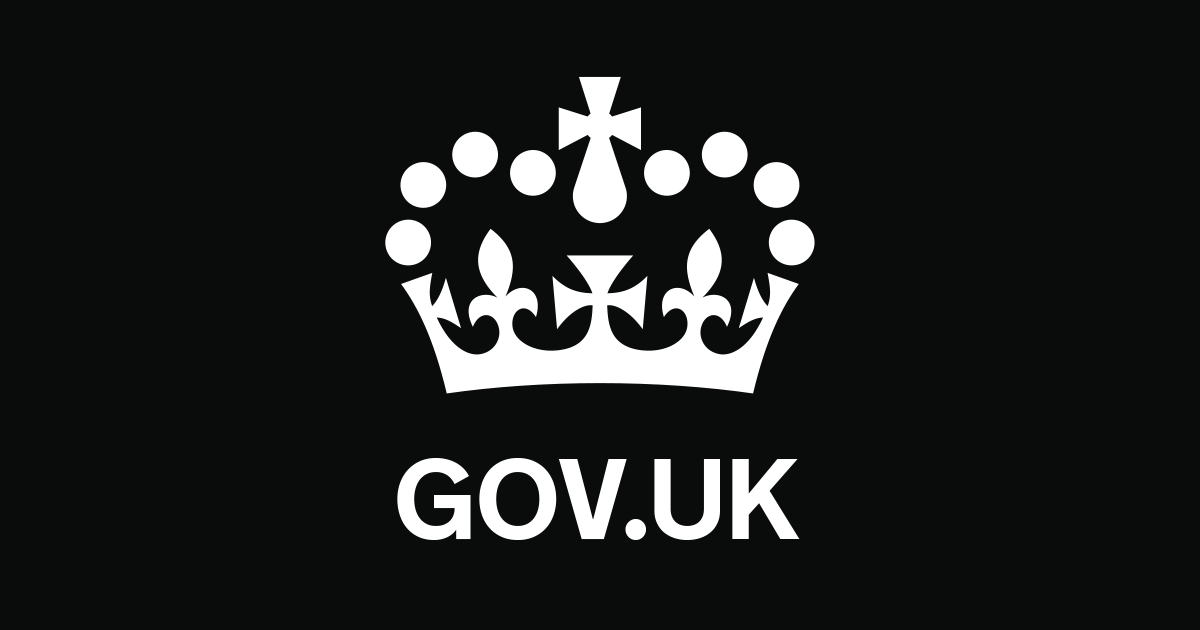
The FCDO advises against all but essential travel to:
- The whole of Germany based on the current assessment of COVID-19 risks.
The German government has restricted air and sea travel to Germany at its external Schengen borders. Travellers from the UK are currently only permitted to enter Germany if they are returning to their place of residence, if they serve in an important role or if they have an urgent need.
Travellers arriving in Germany who have been in the UK in the preceding 10 days must present a negative Covid-19 test to border officials when entering Germany. Airline passengers will have to present their negative test at the start of their journey. The result can be in either paper or electronic form. The test must have been taken less than 48 hours before entry to Germany. Children aged five or under are exempt from the test requirement. Even with a negative test, travellers will still be required to self-isolate for 10 days following arrival in Germany, with the possibility of test and release after 5 days in some areas. Contact your local public health authority for further details on test and release.
If you are returning to the UK from Germany, you will need to self-isolate on your return (unless you are exempt). Check the latest guidance for England, Northern Ireland, Scotland and Wales.
The FCDO is not advising those already travelling in Germany to leave at this time. Travellers should follow the advice of the local authorities on how best to protect themselves and others, including any measures that they bring in to control the virus. You should contact your tour operator or airline if you have any questions about your return journey.
Travel is subject to possible quarantine
There are COVID-19-related testing and quarantine requirements on arrival into Germany from any part of the UK. See Entry requirements for more information before you plan to travel.
Preparing for your return journey to the UK
If you’re returning to the UK from overseas, you will need to:
Check our advice on foreign travel during the coronavirus (COVID-19) pandemic and sign up for email alerts for this travel advice.
If you’re planning travel to Germany, find out what you need to know about coronavirus there in the Coronavirus section.
During the COVID-19 pandemic, it is more important than ever to get travel insurance and check it provides sufficient cover. See the FCDO’s guidance on foreign travel insurance.
There are rules about taking food and drink into the EU. See Taking food and drink into the EU for further information.
Around 2 million British nationals visit Germany every year. Most visits are trouble-free.
If you’re living in, or moving to, Germany, visit our Living in Germany guide in addition to this travel advice.
There’s no requirement to carry your passport with you, but if you’re asked to show your passport and you don’t have it with you, the police may escort you to wherever your passport is being kept so that you can show it to them. See Local laws and customs
Terrorists are highly likely to try to carry out attacks in Germany. The German government has announced that increased security has been put in place as a precaution at public buildings, major events, transport hubs and large public gatherings. You should be vigilant and follow the advice of local authorities. See Terrorism
British nationals have been arrested for possessing counterfeit currency. Avoid changing money anywhere other than banks or legitimate currency exchange offices. See Money
If you need to contact the emergency services call 112.
If you’re abroad and you need emergency help from the UK government, contact the nearest British embassy, consulate or high commission.